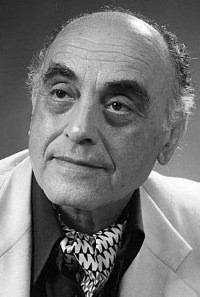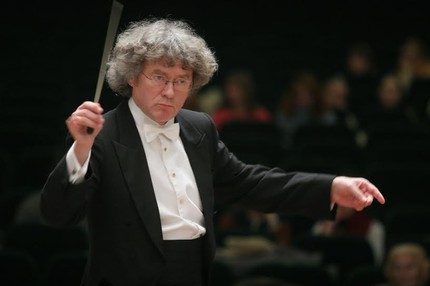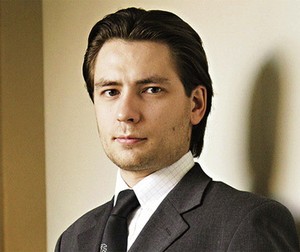
Oskar Danon (Oskar Danon) |
Oskar Danon

Oscar Danon by experience, seniority, authority and fame is the undisputed leader of the galaxy of Yugoslav conductors.
By upbringing, Oscar Danon belongs to the Czech conducting school – he graduated from the Prague Conservatory in the classes of composition by J. Krzychka and conducting by P. Dedecek, and in 1938 he defended his dissertation for a doctorate in musicology at Charles University.
Returning to his homeland, Danon began his career as a conductor of the Philharmonic Orchestra and the Opera House in Sarajevo, at the same time he directed the Avangard Theater there. After the outbreak of the war, the artist changed his baton to a rifle – until the very victory, he fought with weapons in his hands in the ranks of the People’s Liberation Army of Yugoslavia. Since the end of the war, Danon has led the opera company of the Belgrade National Theatre; for some time he was also the chief conductor of the Philharmonic.
Throughout his creative activity, Danon does not leave the composition. Among his many works, the most popular is the choral cycle “Songs of Struggle and Victory”, created during the war against fascism.
The artistic principles of the conductor reflect the influence of his teachers: he strives for an accurate reading of the author’s text, his clever intellectual art is often marked by features of philosophy; and at the same time, Danon’s interpretation of any work, like all his activities, is permeated with the desire to bring music to the widest range of listeners, to make it understandable and loved. The conductor’s repertoire reflects the same tendencies and traits of his talent: classical and recognized contemporary music equally attracts his attention on the concert stage and in the opera house. Monumental symphonies – Beethoven’s Third or Tchaikovsky’s Sixth – side by side in his programs with Hindemith’s Metamorphoses, Debussy’s Nocturnes, and Prokofiev’s Seventh Symphony. The latter is generally, according to the conductor, his favorite composer (along with the French Impressionists). Among the highest achievements of the artist is the staging in Belgrade of a number of operas and ballets by Prokofiev, among them The Love for Three Oranges and The Gambler, which were successfully shown outside of Yugoslavia under his direction. The conductor’s repertoire at the opera house is very wide and includes, along with works by Russian, Italian and German classics, a number of contemporary operas and ballets.
Oscar Danon toured extensively throughout Europe both with the troupe of the Belgrade Opera House and on his own. In 1959, the critics’ club at the Paris National Theater awarded him the diploma of the best conductor of the season. He also more than once stood at the console of the Vienna State Opera, where he conducted many performances of the permanent repertoire – Othello, Aida, Carmen, Madama Butterfly, Tannhäuser, directed the production of Stravinsky’s The Rake’s Progress and a number of other operas. . Danone also toured to the USSR many times, listeners of Moscow, Leningrad, Novosibirsk, Sverdlovsk and other cities are familiar with his art.
L. Grigoriev, J. Platek, 1969





